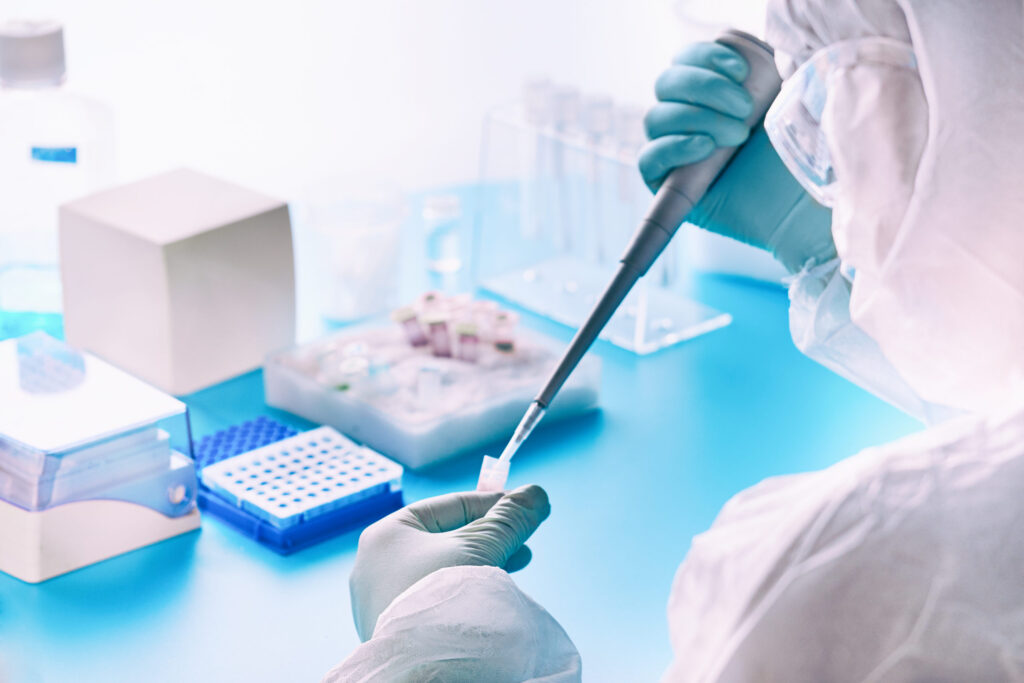Molecular Testing

Molecular testing is a cutting-edge diagnostic technique that analyzes genetic material, including DNA and RNA, to detect specific sequences associated with diseases, infections, or genetic conditions. This method has revolutionized medicine by enabling precise, rapid, and highly sensitive diagnostics that were not possible with traditional approaches.
One of the key applications of molecular testing is in infectious disease diagnosis. It can identify pathogens such as bacteria, viruses, fungi, and parasites by detecting their unique genetic material. Techniques like Polymerase Chain Reaction (PCR) amplify small amounts of nucleic acids to facilitate detection, even in early-stage infections where the pathogen load is minimal.
In oncology, molecular testing is used for identifying genetic mutations in tumors, such as BRCA1/BRCA2 in breast cancer or EGFR mutations in lung cancer. This information helps guide targeted therapies, improving treatment outcomes.
Moreover, molecular testing is pivotal in pharmacogenomics, where it predicts how individuals will respond to medications based on their genetic makeup. This enables personalized treatment plans, minimizing adverse reactions and enhancing efficacy.
In prenatal and neonatal care, molecular tests screen for genetic abnormalities, ensuring early interventions when necessary. They are also instrumental in monitoring viral loads in chronic infections like HIV or hepatitis.
With advancements in technology, molecular testing continues to expand its scope, fostering earlier diagnosis, precise treatments, and better patient outcomes in diverse medical fields.
